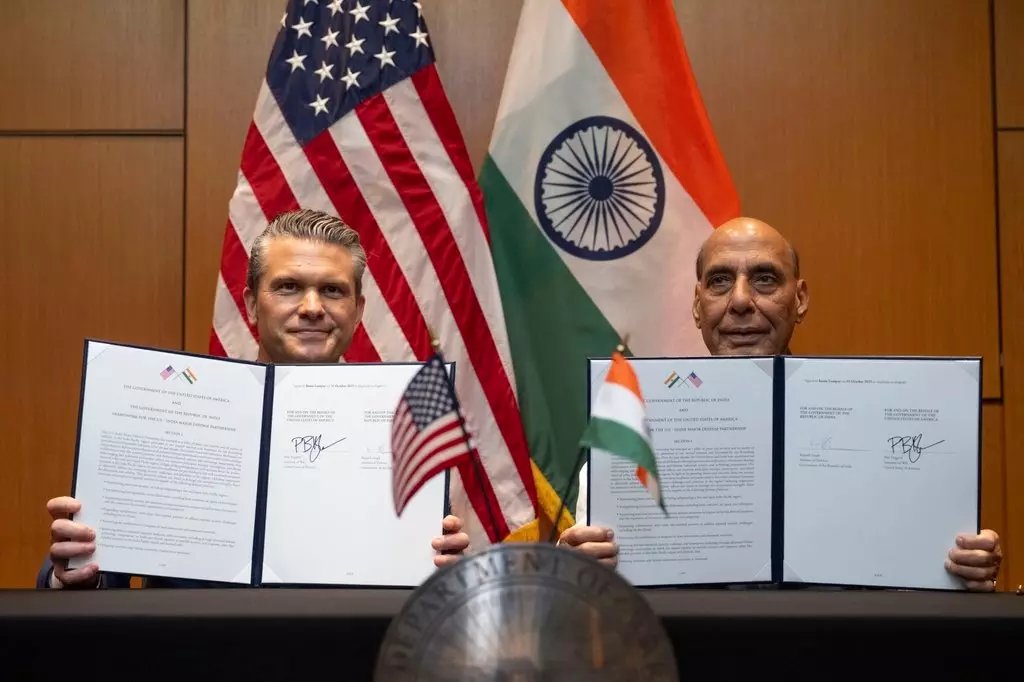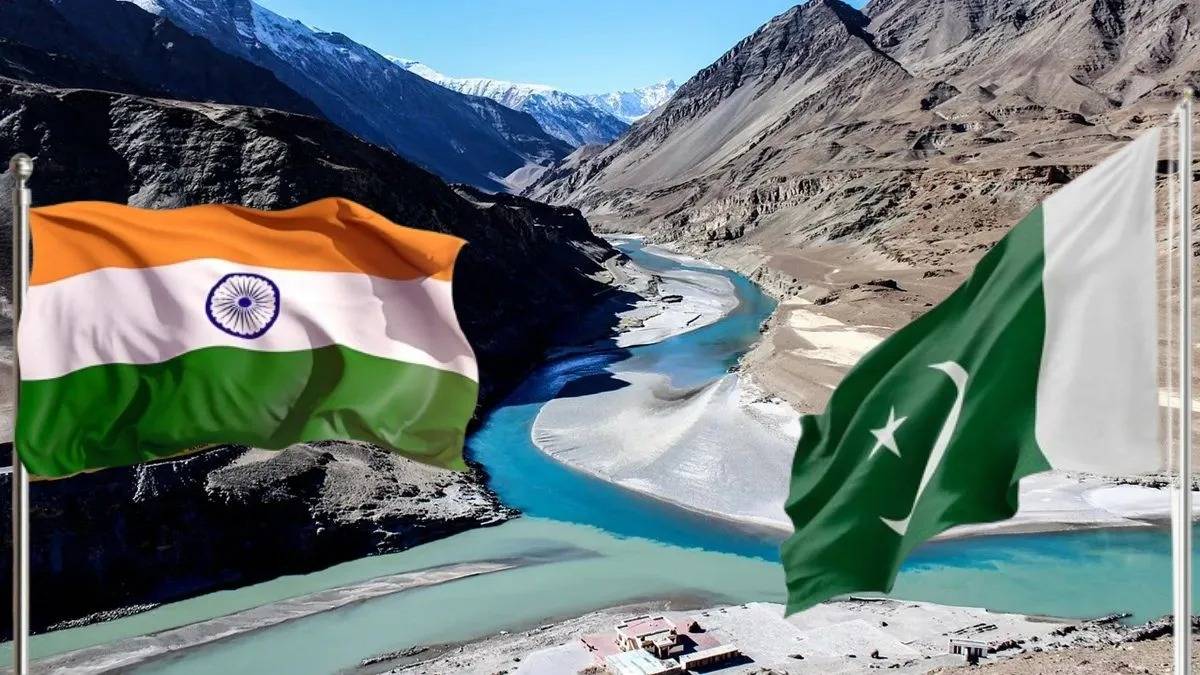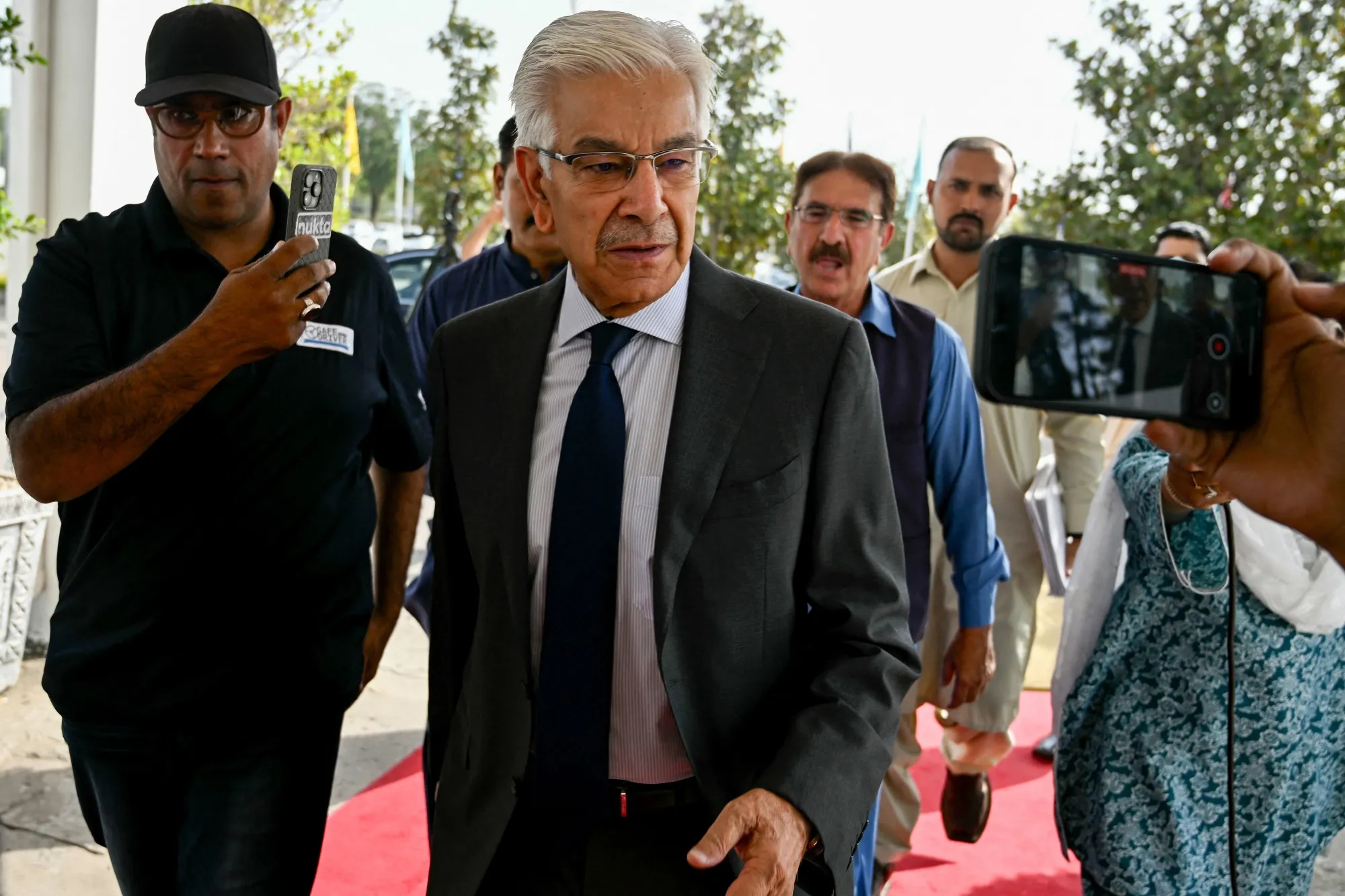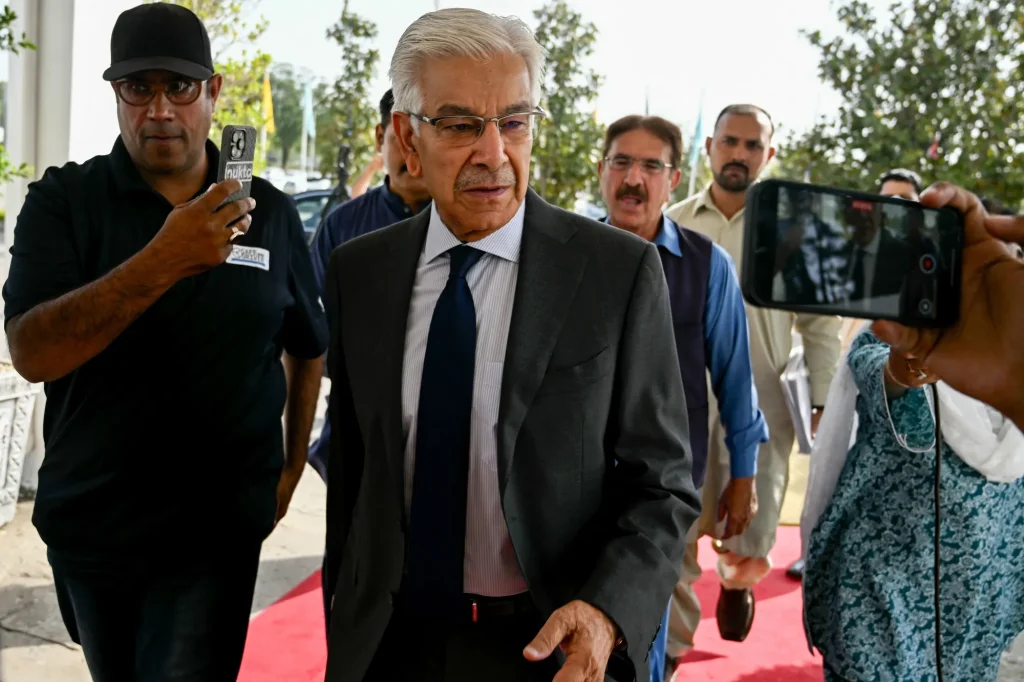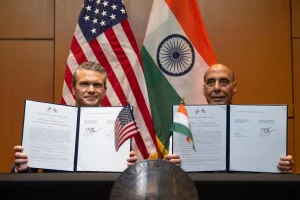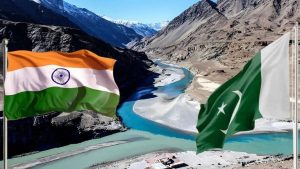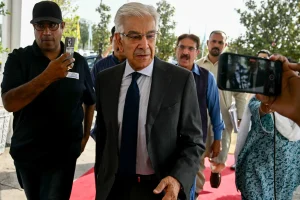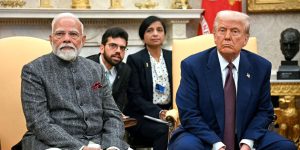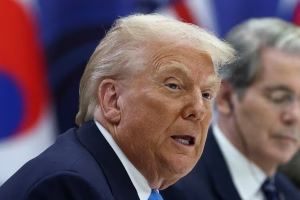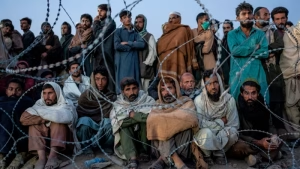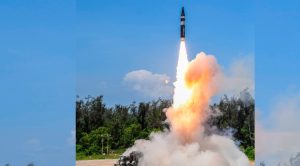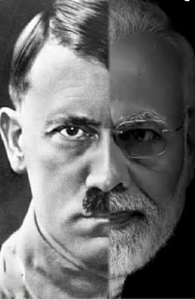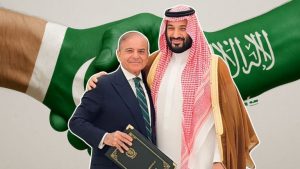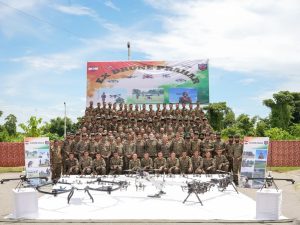Nearly a month after the Gaza ceasefire, attention has shifted from halting the violence to shaping a multinational stabilisation force for the occupied Palestinian territory. Despite Israel’s ongoing violations, the United States has pushed the matter to the United Nations Security Council (UNSC), with President Trump declaring that troops will deploy “very soon.” Yet fundamental questions remain unresolved andthe foremost among them is concerning the nature and mandate of this force.
Israel reportedly seeks to limit UN oversight, while Washington’s draft resolution calls for “demilitarising” Gaza:a carefully worded pretext for neutralising Hamas and other Palestinian armed groups.This raises a critical concern: if Palestinian factions refuse to disarm, could peacekeepers find themselves in direct confrontation with them?
As Pakistan participates in UN discussions and is among the potential troop contributors, it must insist on absolute clarity before any commitment. Only a mission sanctioned by the UN and accepted by the Palestinians can claim legitimacy. Furthermore, any deployment must prioritise protecting Palestinian civilians, ensuring humanitarian access, and facilitating reconstruction, not enforcing an agenda shaped by US or Israeli interests.
If the proposed force is used to suppress Palestinian resistance under the guise of peacekeeping, participation would compromise both Pakistan’s moral and diplomatic standing. Islamabad must therefore demand a transparent, UN-approved mandate and subject any decision to parliamentary scrutiny. Peacekeeping should serve peacenot politics.

